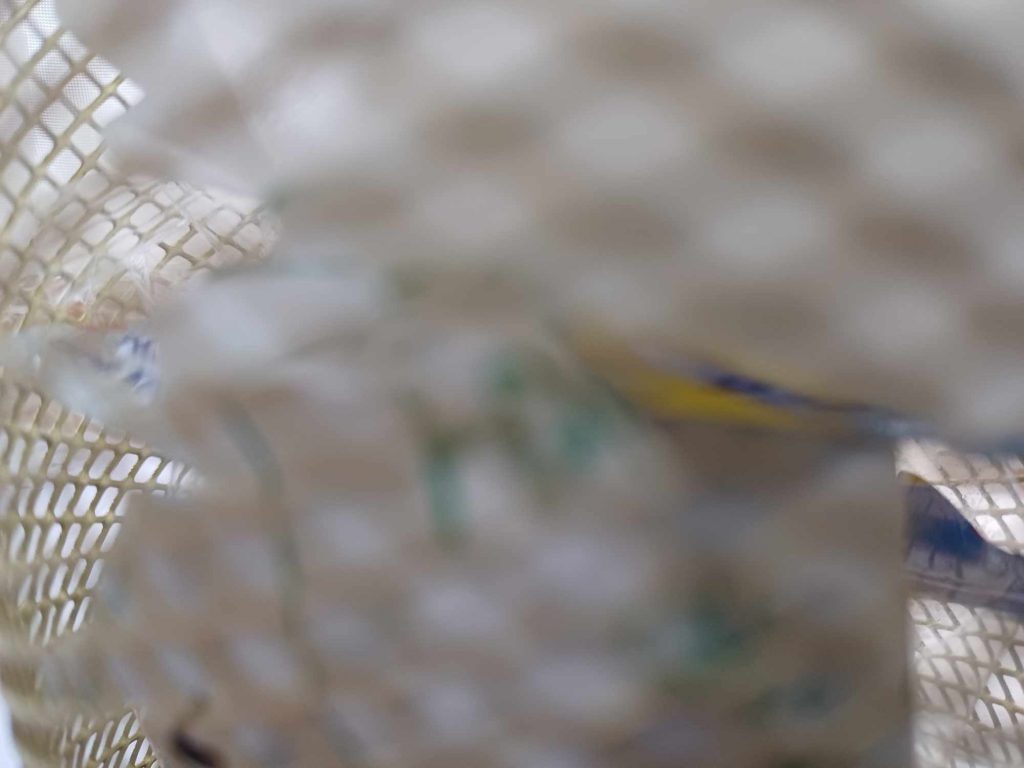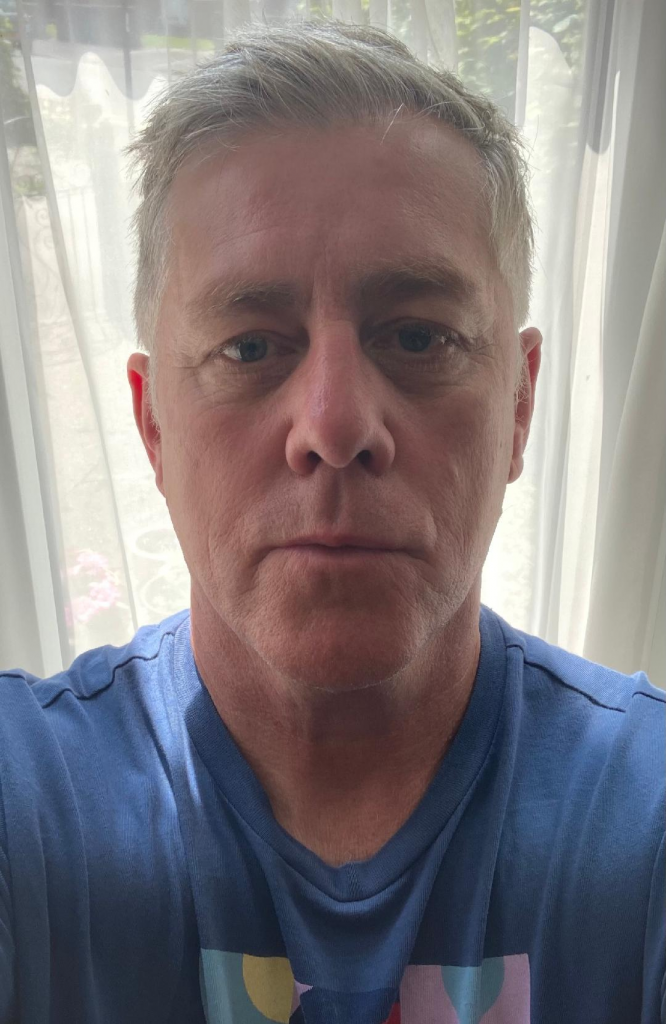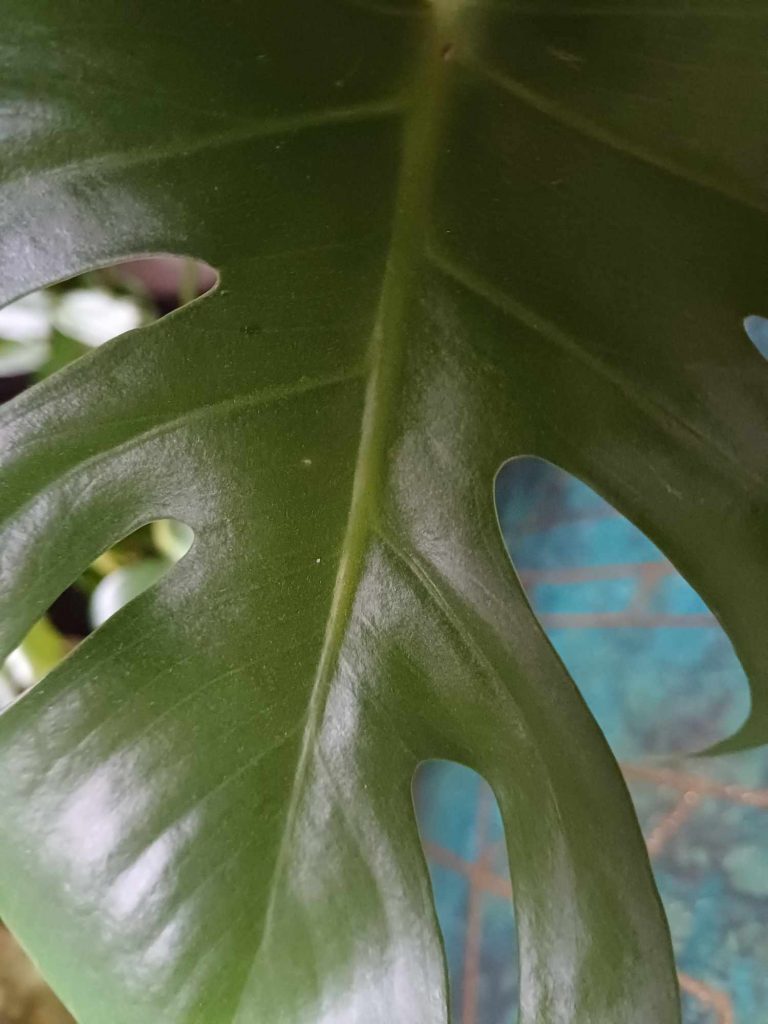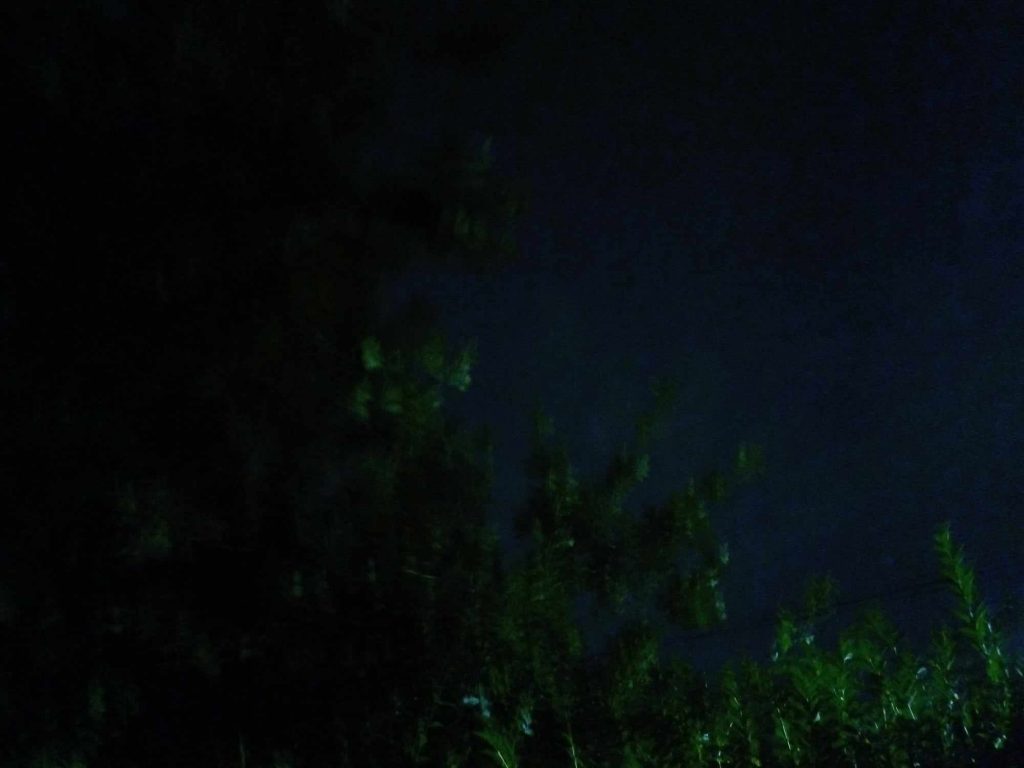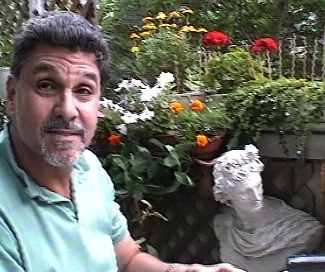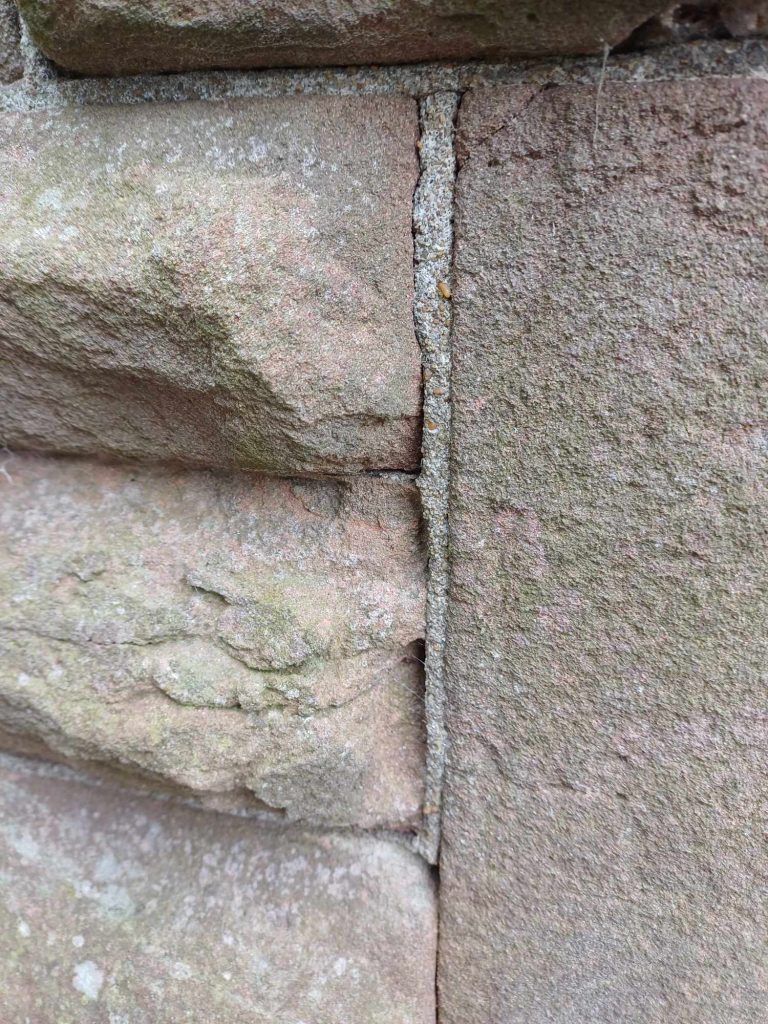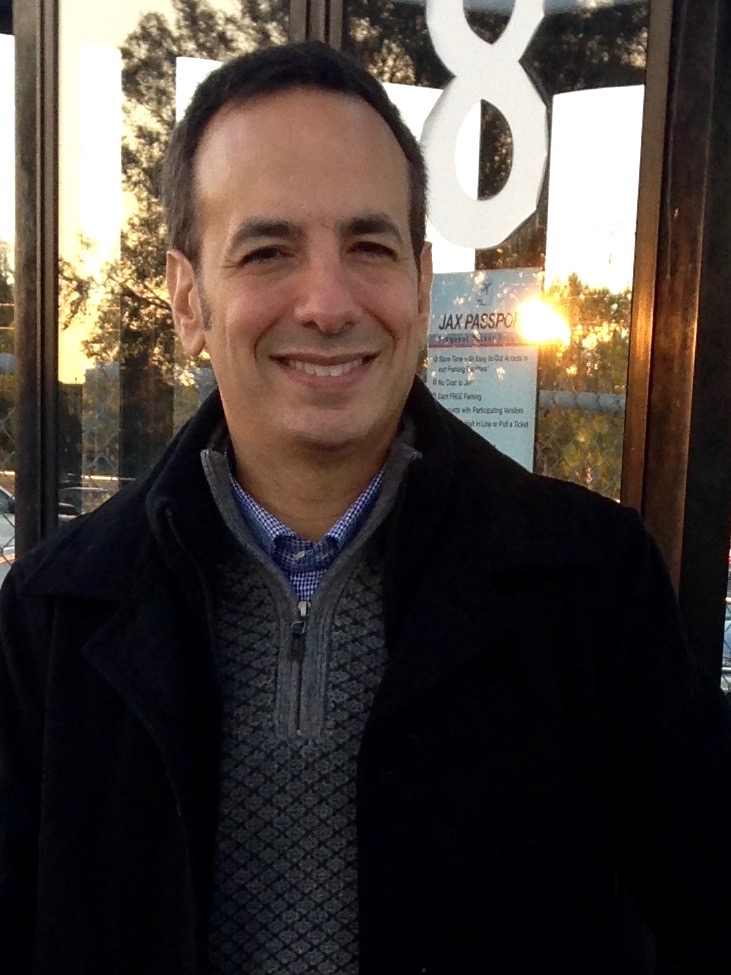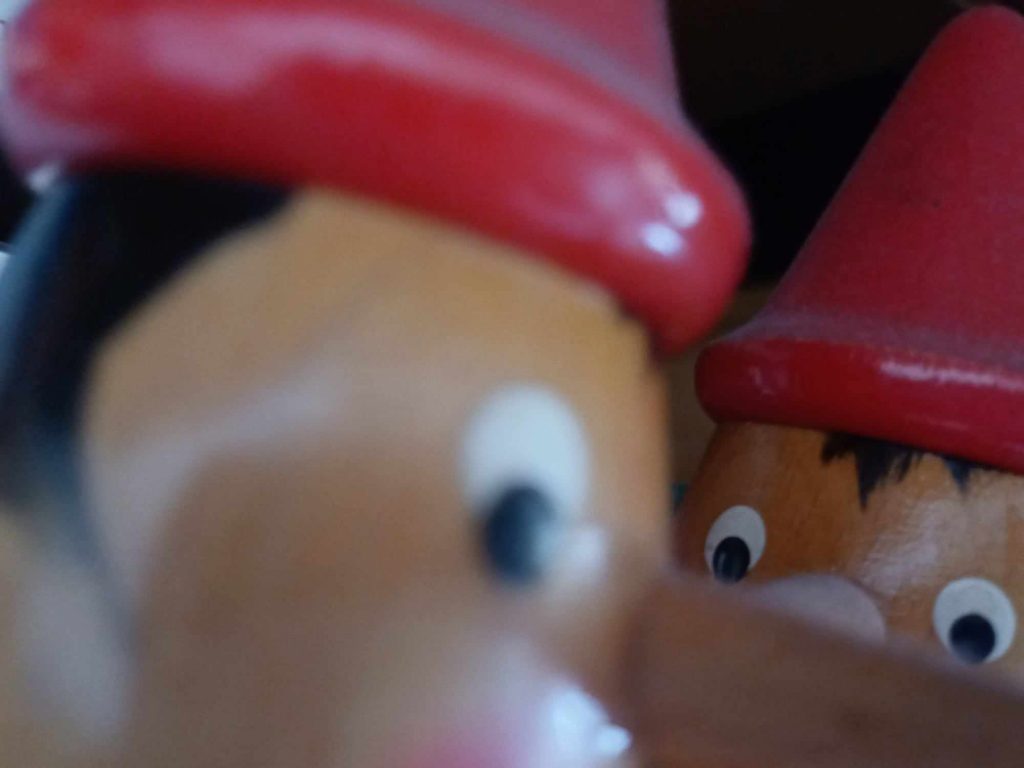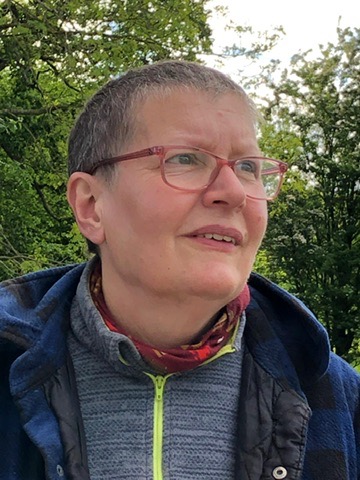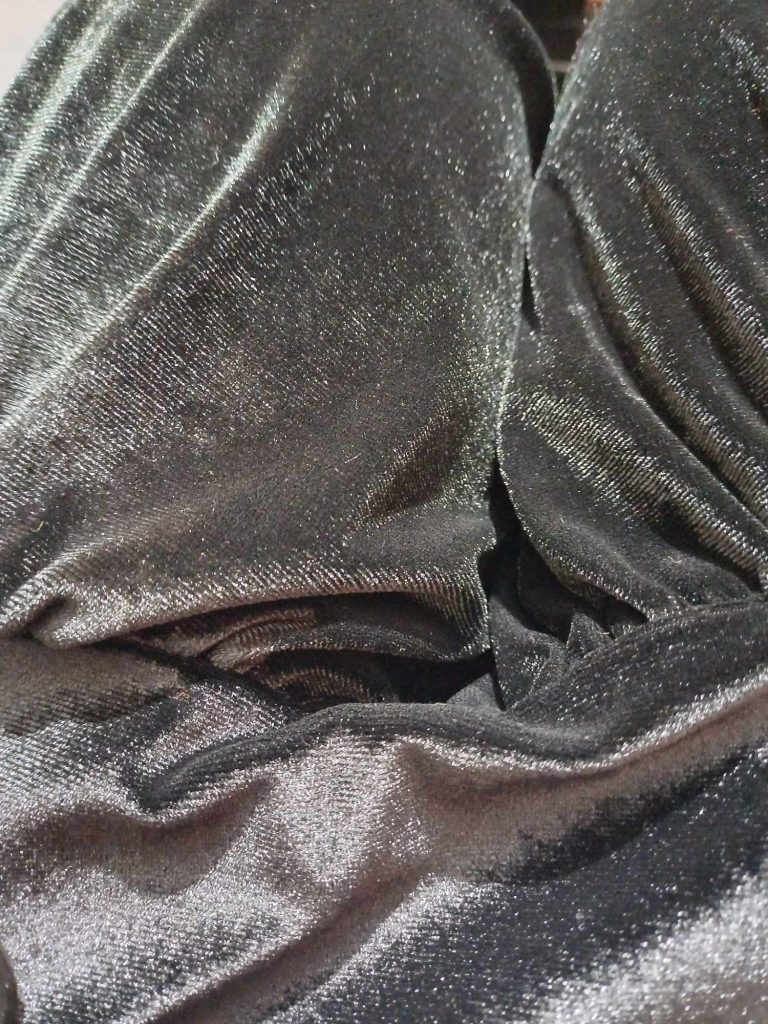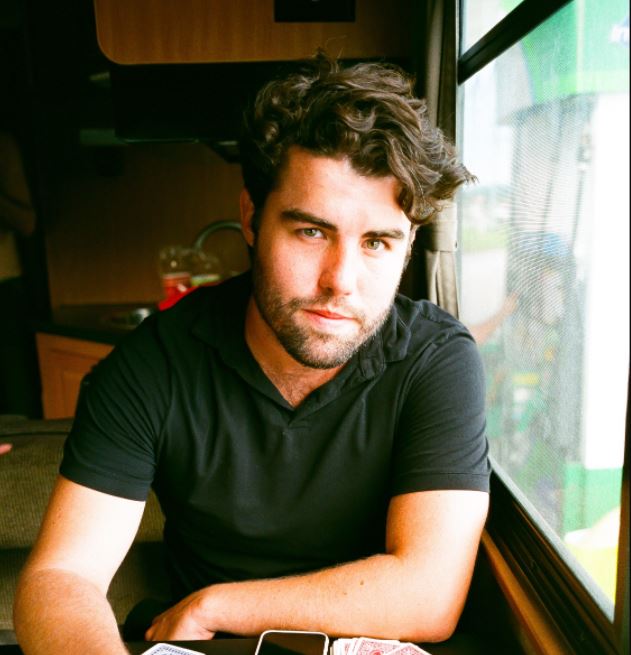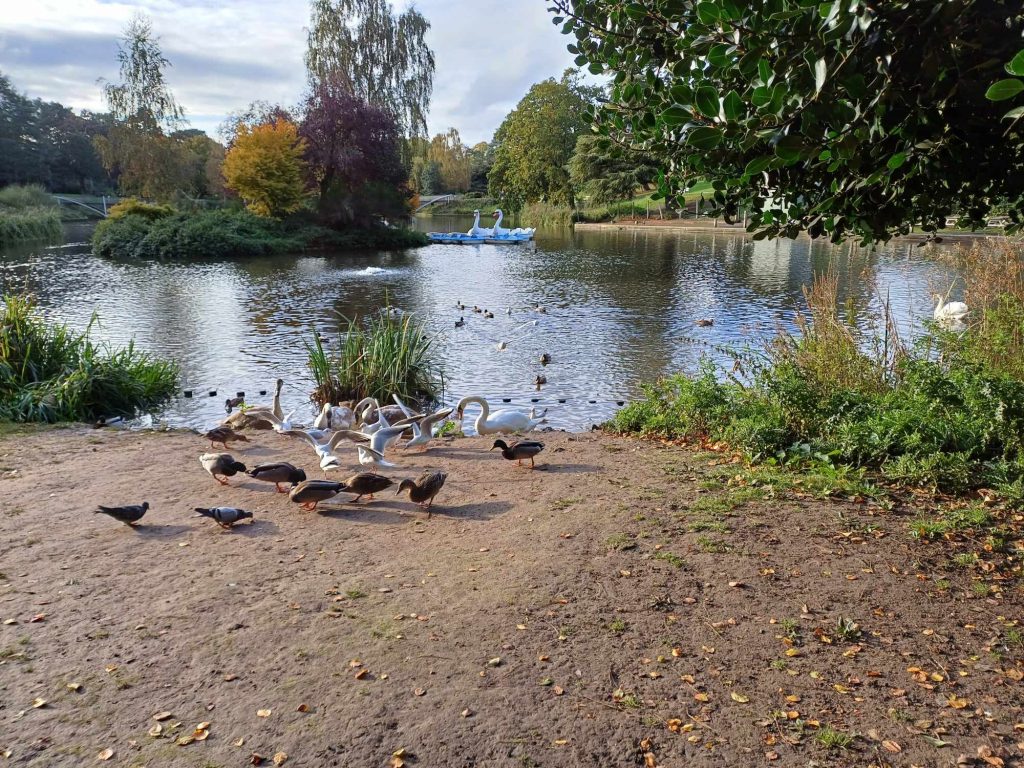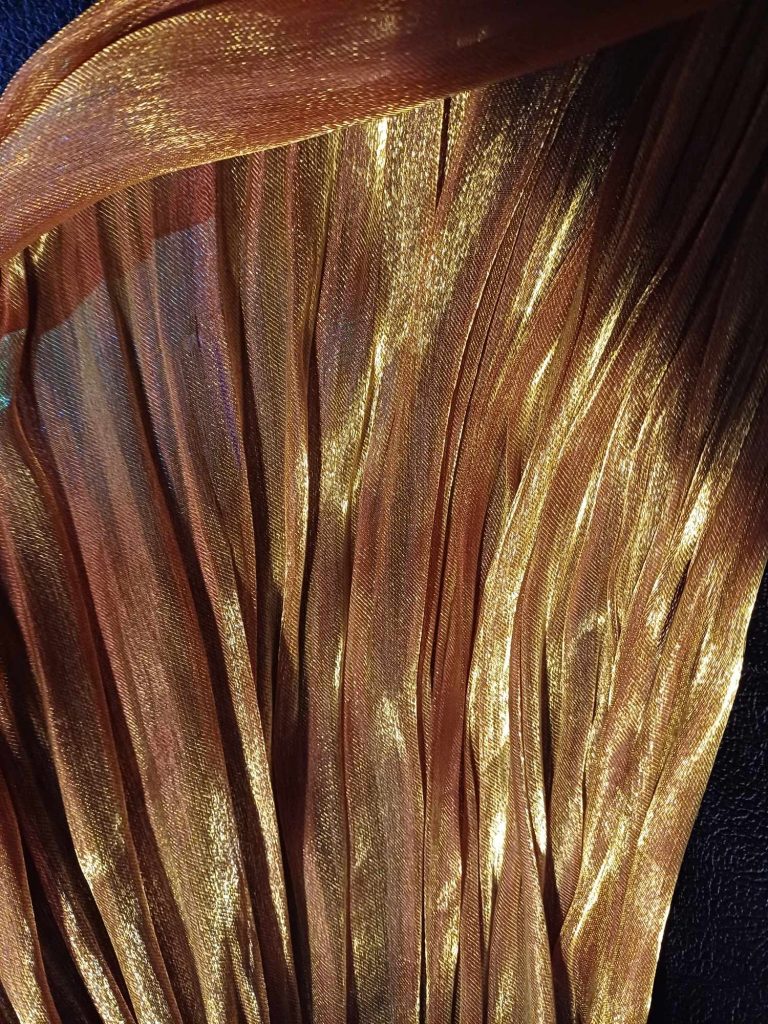
Gershwin was not his favourite, but Blakey had no choice in the piece selected. Blakey’s job was to sit up straight and act like the music enthralled him. He kept his eyes closed to give the appearance of being spellbound, but in truth Blakey couldn’t bear to watch the hands at work.
Blakey’s arms swept back and forth across the keyboard, fingers landing on the black and white keys as if they had their own eyes, which could be true for all Blakey knew. He had no talent—whatever controlled his hands commanded movement. Blakey tried not to think of the hands as parasites, even though that’s the way he felt. The comparison wasn’t fair to his sister, nor to the legacy of music she gave to fans.
Endure one more performance, that was Blakey’s goal. And to do so, he let his mind wandered while the music played.
Just a few hours ago his sister, Eleanor, accompanied Blakey downstairs to wait for the towncar. The two of them sat in overstuffed chairs in the hotel lobby, wishing for a fire in the hearth, and held hands. They could have been mistaken for lovers. Blakey liked to eavesdrop on conversations and invent preposterous stories for Eleanor, trying to make her laugh; it helped him relax. When the car came, Eleanor kissed his hands and watched him go.
Attention made Blakey self-conscious, like when the driver opened the rear door for him. He felt the scrutiny of people’s eyes as they passed by on the sidewalk. Even with tint on the windows Blakey felt watched.
The black towncar left the hotel, turning from one busy street to another. He began to feel overwhelmed, so Blakey stared at the ornate braid of the woman driver’s hair. Eleanor often wore it that way. Blakey let the city streets roll by and focused on bringing Eleanor’s face to mind. And almost immediately, there was a click. Blakey couldn’t describe it any other way; something clicked, although it was more physiological than audible. In the early days of transfer, Blakey had to bring every ounce of concentration to click into Eleanor. Now, like muscle memory, it happened quickly: Blakey’s hands began to tingle, the pins and needles burning at first. Blakey flexed his fingers, balled them into fists. He flattened out his palms and rubbed them on the twill of his pants. Despite the discomfort, Blakey was relieved. He was always afraid the transfer wouldn’t happen.
Blakey made sure the driver wasn’t looking and turned his palms up. He watched the skin stretch smooth, creaseless for a moment. Then new furrows appeared in similar yet subtly different arrangements. Life line. Head line. Heart line. Fate line.
Someone in the audience coughed and it brought Blakey’s attention back into the auditorium. He couldn’t name the chord the hands just played. It sounded tragic and beautiful as it hung in the air. Next, a frantic pattern of notes searched the keys until a link was found to connect to the next big chord, this one soft and sad. Blakey knew enough about music to recognize the piece was coming to a close; a familiar melody returned in a joyful reprise.
But the only joy Blakey felt was in that long sustain that finished the piece, when hands splayed unmoving on the keys, when the breath of music lingered on the brink of silence, before the applause started.
Blakey opened his eyes, chin tucked down on his chest. Hands withdrew from the keys and rested in Blakey’s lap, changing back again. Life line. Head line. Heart line. Fate line. Calluses re-emerged from soft flesh; so did the scars from the automobile accident that started all this. He watched smooth, tapered fingers revert to ones that had healed bent and crooked.
Standing, hands behind his back now, Blakey bowed because that was expected of him. He left the stage quickly because he didn’t deserve the ovation. The sooner he exited, the sooner the applause would dissipate. Blakey rarely talked to the people at the venue, never signed autographs, and avoided interviews with the press at all costs. “He’s just that way,” they always said. “His music does the talking. Genius is like that. Runs in the family.”
Blakey had grown comfortable in remaining aloof. As long as his silence was interpreted as arrogance there was enough social distance to cope. Even if he could explain his newfound fame, no one would believe it: the auto accident, Eleanor’s career cut short, Blakey emerging with a prodigious talent even though he had sustained more grievous injuries than his sister.
Eleanor had recovered quickly with one small, but devastating, affliction that changed everything. But Eleanor worried less about herself than Blakey’s injuries. For a week he laid unconscious in the hospital, Eleanor at his bedside holding his hands. When he finally awoke, something clicked, and they discovered the gift they’d been given. There was no explanation or revelation how or why, just a car wreck, a before and an after.
He walked backstage and out the exit, hands stuffed in his pockets. The driver was waiting, and she opened the rear door of the towncar. She took her place in the front seat and offered Blakey a bottled water.
“Yes, please,” he said. “Do you mind opening it for me?”
“I understand.” The driver cracked the cap. “If I had those hands, I wouldn’t let them do anything but play piano.”
Blakey accepted the water. “Thank you.”
The bottle was cold. Felt good between his hands. A performance always brought—not pain exactly—discomfort and restlessness. Blakey glared at his old fingers as if to quiet them. Then he realized the driver had said something.
“I’m sorry,” Blakey said, “I wasn’t listening.”
“I just wanted to thank you for letting me hang backstage. I was always a big fan of your sister. How’s she doing, anyway?”
Blakey had heard this question a thousand times. It made him feel uneasy, so he didn’t answer.
“Excuse me. None of my business,” the driver said. “I’ll shut up now.”
He felt shame warm his cheeks. The woman was only trying to be nice and the silence between them was forced and awkward. Blakey noticed how she tightened her grip on the steering wheel and used her side mirrors to avoid the rear view. She was trying hard not to make eye contact.
“Actually, she’s doing pretty well these days,” he finally said. “All things considered.”
The driver looked at Blakey in the mirror. “I never heard you play before, but I have to say, it really reminded me of Eleanor. I mean, like, a lot. Must be amazing, two great pianists in the same family. A thrill to play together, I’ll bet.”
“Unfortunately, her hearing hasn’t returned since the accident,” said Blakey. “In the meantime, I don’t mind taking the lead until she can return. While we’re here in the city, we’re going to see another specialist.”
“Well, I hope it works out. I truly do.” The driver leaned back and handed Blakey a card. “If you need a ride, don’t hesitate to call.”
They didn’t talk for rest of the ride, but the silence was comfortable. Arriving at the hotel, a doorman opened the car door. Blakey did not extend his hand to be helped out.
Eleanor was waiting in the lobby, reading Mrs. Dalloway by the fire. In the adjacent bar a raucous crowd had gathered, cheering at a sporting event on TV. Half a dozen fans spilled out into the lobby, drinking and laughing. Blakey skirted the hubbub and approached his sister.
She looked up and asked, “How did it go?” At least that’s what Blakey assumed. Since the accident, Eleanor couldn’t modulate her voice properly; she was hard to hear even in the quietest of rooms. But Blakey was getting better at reading her lips.
“Fine,” he said, “the audience seemed to enjoy it.”
Eleanor stared hard at Blakey’s mouth, shook her head and pointed at her ears. Blakey had to laugh at his oversight, reached out and extended his hand toward his sister. As their fingers touched, something clicked.
Blakey repeated himself.
“I’m glad,” Eleanor said, her voice now clear and loud above the noise from the bar.
Blakey helped Eleanor to her feet. Just then, the bar erupted with shouts and cheering. Eleanor swung her head toward the noise, startled by the volume. She clamped her hands over her ears and nearly lost her balance.
Blakey grabbed Eleanor’s waist to steady her, then pointed at the hotel’s front door. She retrieved the paperback and stuffed it in her purse. He didn’t touch her again until they got outside.
Blakey folded his hand around hers. “That’s better, too noisy in there. Feel like a stroll?”
“Actually, I’ve got a better idea,” said Eleanor. “How about we grab a cab and go to this piano bar I was reading about. I haven’t been out all day.”
“Can we walk there?”
“I don’t think so.” She dropped Blakey’s hand and opened her purse. “I’ll get my phone and find the address.” The volume of her voice had dropped precipitously.
Blakey couldn’t see her lips as his sister bent over her purse, so he shrugged and stepped toward the curb. He was always happy to acquiesce to his sister’s wishes, so Blakey waved at an approaching taxi three lanes over. The yellow cab accelerated and careened toward Blakey. It sliced through traffic cutting everyone off, receiving a trio of car horns and shouted expletives for the maneuver. The taxi was traveling too fast, and the brakes screamed as it fishtailed toward the curb.
Blakey lurched back beside his sister. He glared at the man behind the wheel.
“What?” the cabby shouted. Palms up, feigning innocence.
“It’s in here somewhere,” Eleanor muttered, unaware, face still buried in her purse. “There. Found it.”
She reshouldered her purse while her brother opened the cab door. Blakey helped her inside and never let go Eleanor’s hand as he slid in beside her.
“Where to?” asked the cabby.
“Melody’s. Lexington and 73rd,” said Eleanor.
“Promise me one thing,” Blakey whispered to his sister, “Promise you won’t make me play.”
Eleanor giggled. “Silly boy. If you borrowed my hands to play, whose would I hold to listen?”
DL Shirey‘s work has appeared in 70 publications including Reflex Fiction, Gravel, Confingo, and Citron Review.


